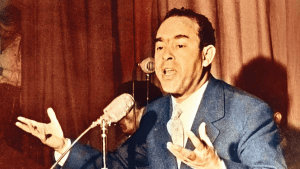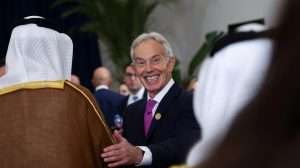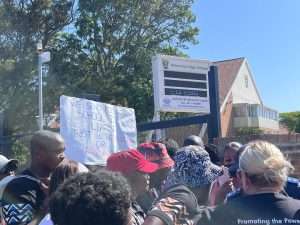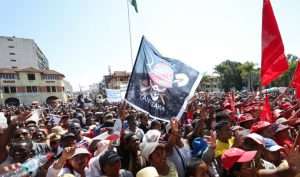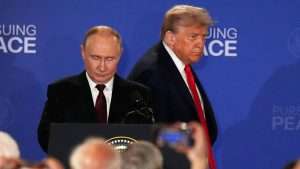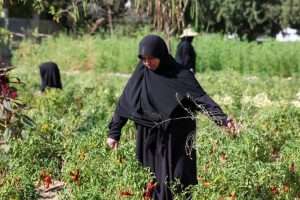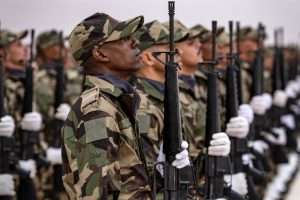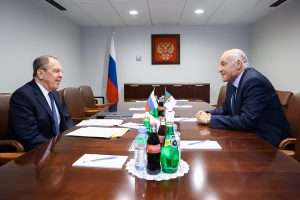Algeria eyes global relations boost in US talks

Interior of the United Nations Security Council chamber in New York, showing member state seats and microphones for diplomatic discussions.
Algeria’s Minister of State, Minister of Foreign Affairs, National Community Abroad, and African Affairs, Ahmed Attaf, held a number of bilateral talks in New York on the sidelines of the UN General Assembly’s high-level segment, Algerian government-friendly outlet AL24 News reported on September 25th.
Attaf met with Omani Foreign Minister Badr bin Hamad Albusaidi, Croatian Minister of Foreign and European Affairs Gordan Grlic Radman, Swiss Foreign Minister Ignazio Cassis, and US Deputy Secretary of State Christopher Landau.
In the case of Croatia, talks covered strengthening relations, energy and trade partnerships. In the case of Switzerland, expanding political dialogue formed part of the talks, while discussions with the United States and Attaf focused on elevating Algeria–US relations through strategic dialogue and broader economic ties.
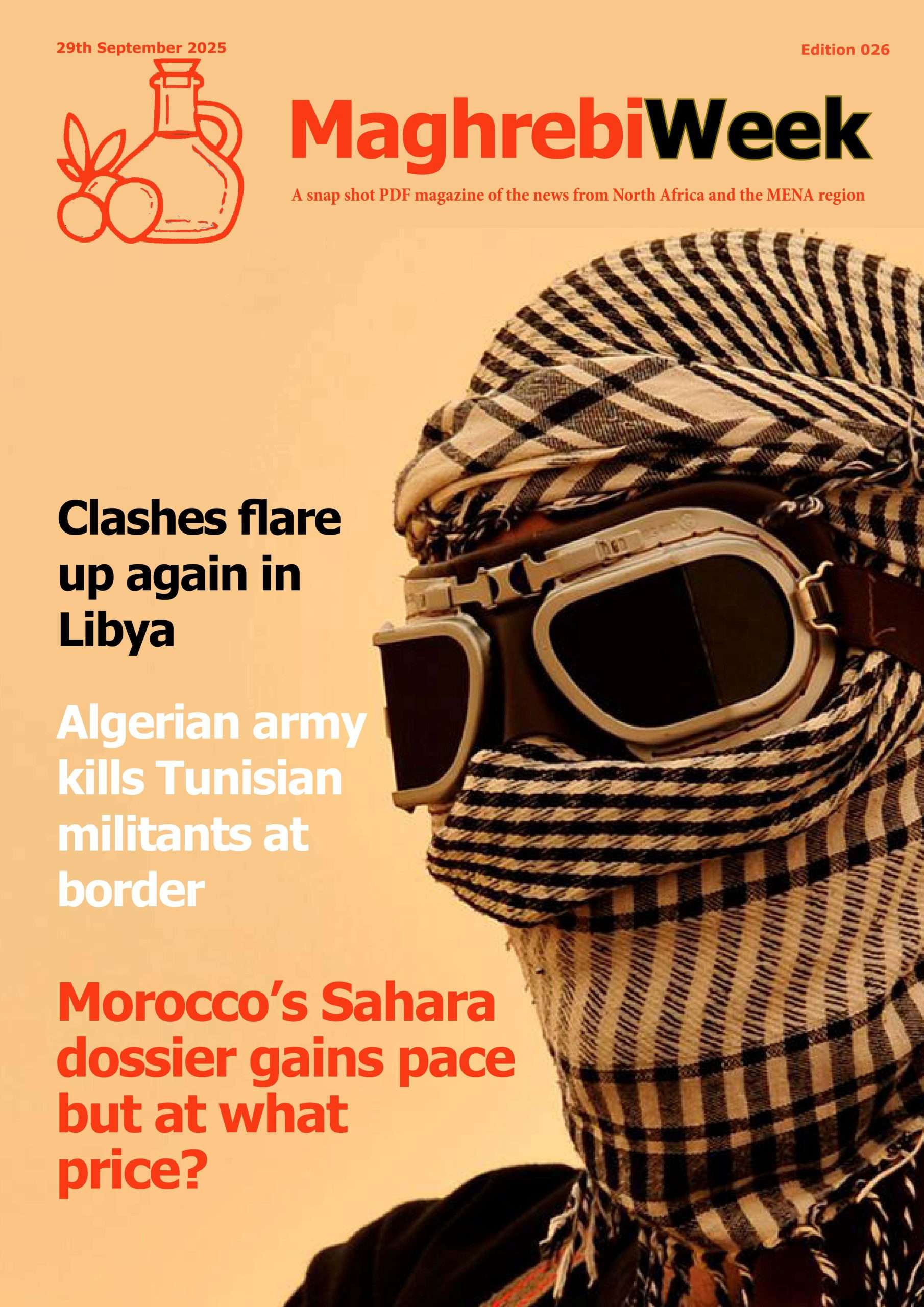
On September 16th, Attaf met with Staffan de Mistura, the UN Secretary-General’s Personal Envoy for Western Sahara, ahead of the United Nation’s Security Council’s October session on the issue. Attaf has pledged Algeria’s “full support” for UN efforts to reach a lasting solution guaranteeing the Sahrawi people’s right to self-determination, stressing that negotiations must remain under UN auspices and involve direct talks between Morocco and the Polisario Front.
What’s more, Algeria, in coordination with Qatar, called for an emergency session of the Security Council after an Israeli strike in Doha killed the son of senior Hamas leader Khalil al-Hayya during ceasefire discussions. Qatar condemned the attack as a violation of sovereignty, while Germany and the United States also voiced concern.
The diplomatic push also took place on September 15th at the Emergency Arab-Islamic Summit in Doha, where Attaf delivered a message on behalf of the Algerian President Abdelmadjid Tebboune, reaffirming Algeria’s solidarity with Qatar. Tebboune described the Israeli offensive as “an assault on their security and stability, a violation of their sanctity and rights, and an affront to all the values and principles they uphold.” He also warned of wider regional risks, citing strikes on Lebanon, Syria, Yemen, Iran, and now Qatar, which he argued reflected an imperial path towards a “Greater Israel.”
However, Algeria’s stance has drawn scrutiny. Reportedly, Algeria ranks fourth—after the United Arab Emirates, Jordan, and Egypt—with regards to exports to Israel, prompting questions about the extent to which a country maintaining trade ties can call for sanctions and boycotts.
All in all, Algeria’s high-level meetings in New York and its action in Doha underscore its a step-up in diplomatic activity. Yet the contrast between Algeria’s rhetoric and its trade practices points to the challenges of balancing principles with economic goals.
AL24 News, Maghrebi.org
Want to chase the pulse of North Africa?
Subscribe to receive our FREE weekly PDF magazine






